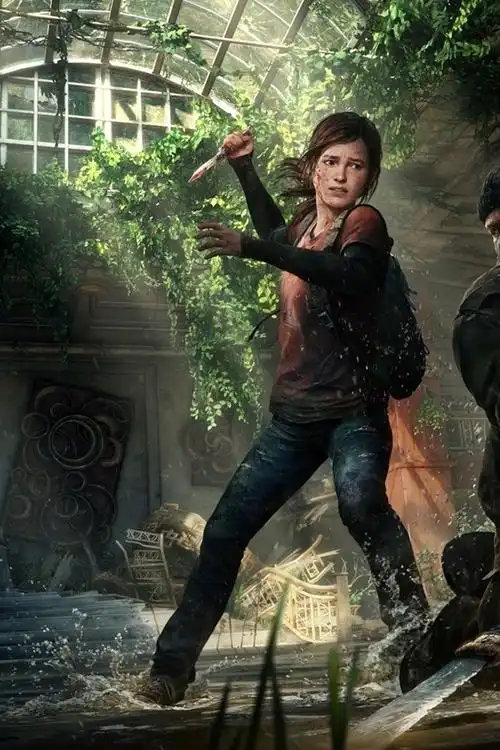The Design of Dragon Fruit's Western Dragon Wing Attacks
Introduction
Dragon Fruit, a vibrant and exotic fruit known for its striking appearance, has often been associated with mythical creatures—particularly dragons. In fantasy and gaming contexts, the concept of a dragon fruit manifesting dragon-like abilities, such as wing attacks, presents an intriguing design challenge. This article explores the creative process behind designing Western-style dragon wing attacks for a character or entity inspired by dragon fruit, blending botanical aesthetics with draconic ferocity.
Inspiration: Dragon Fruit and Western Dragons
Before delving into the mechanics of wing attacks, it's essential to understand the two primary inspirations:
- Dragon Fruit (Pitaya) – Recognized for its bright pink or yellow skin with green scales, the fruit’s interior is speckled with tiny black seeds, resembling a dragon’s mythical essence. Its structure can be stylized into wing membranes or armor.
- Western Dragons – Unlike their Eastern counterparts, Western dragons are typically depicted as large, winged, fire-breathing beasts with muscular limbs and leathery wings. Their attacks often involve sweeping wing gusts, slashing claws, and tail whips.
By merging these elements, we create a unique combat style where the dragon fruit’s organic form enhances the dragon’s wing-based offensive techniques.
Designing the Wing Structure
1. Wing Composition: Organic vs. Mythical
The wings should reflect both the dragon fruit’s natural texture and the imposing presence of a dragon. Possible design choices include:
- Membrane Texture: Instead of traditional leathery wings, the wing membranes could resemble the translucent, fleshy interior of the dragon fruit, with veins mimicking the fruit’s fibrous patterns.
- Scale Armor: The wing edges and joints could be reinforced with hardened, scale-like protrusions resembling the fruit’s outer skin.
2. Movement and Flexibility
Western dragons are known for powerful, sweeping wing motions. To integrate the dragon fruit’s essence:
- Fluid Motion: The wings should move with a mix of elegance and force, like the unfurling of a blooming flower.
- Retractable Spikes: When attacking, small thorn-like spikes (inspired by the fruit’s scales) could extend from the wing edges for slashing damage.
Types of Wing Attacks
1. Gust Cutter (Wind-Based Slash)
A swift, horizontal wing sweep generates a razor-sharp gust of wind, slicing through enemies.
- Visual Design: The attack leaves behind a faint pink or magenta trail, symbolizing the dragon fruit’s hue.
- Gameplay Impact: Mid-range attack with high precision but moderate cooldown.
2. Thorn Flurry (Close-Range Barrage)
The wings rapidly extend and retract, striking multiple times with their scale-armored edges.
- Visual Design: Each hit releases small seed-like projectiles, referencing the fruit’s black seeds.
- Gameplay Impact: Fast, multi-hit combo ideal for breaking enemy defenses.
3. Dragon’s Descent (Aerial Dive Attack)
The dragon fruit dragon plunges from above, wings folded like a blade, then spreads them at the last moment for a crushing impact.
- Visual Design: A spiraling pink energy aura forms during the dive, resembling a blooming flower.
- Gameplay Impact: High-damage, high-risk move with a wind-up delay.
4. Blooming Tempest (Area-of-Effect Whirlwind)
The wings expand fully, then rotate rapidly, generating a vortex that pulls enemies inward before exploding outward.
- Visual Design: Petal-like energy fragments scatter during the explosion.
- Gameplay Impact: Crowd-control ability with knockback effects.
Balancing Aesthetics and Functionality
To ensure the attacks feel cohesive:
- Color Palette: Dominantly pink, magenta, and green to stay true to the dragon fruit’s appearance.
- Sound Design: Wing flaps could have a mix of organic rustling (like leaves) and deep, draconic whooshes.
- Hit Effects: Instead of traditional fire or lightning, energy bursts could resemble splattering fruit juice or dispersing seeds.
Conclusion
Designing dragon wing attacks for a dragon fruit-inspired entity requires a delicate balance between nature and fantasy. By drawing from the fruit’s vivid colors, textures, and structural elements, while incorporating the raw power of Western dragon combat, we create a visually stunning and mechanically engaging moveset. Whether in games, animation, or conceptual art, this fusion offers a fresh take on draconic abilities, proving that even the most unexpected inspirations can yield extraordinary designs.
End of Article

















